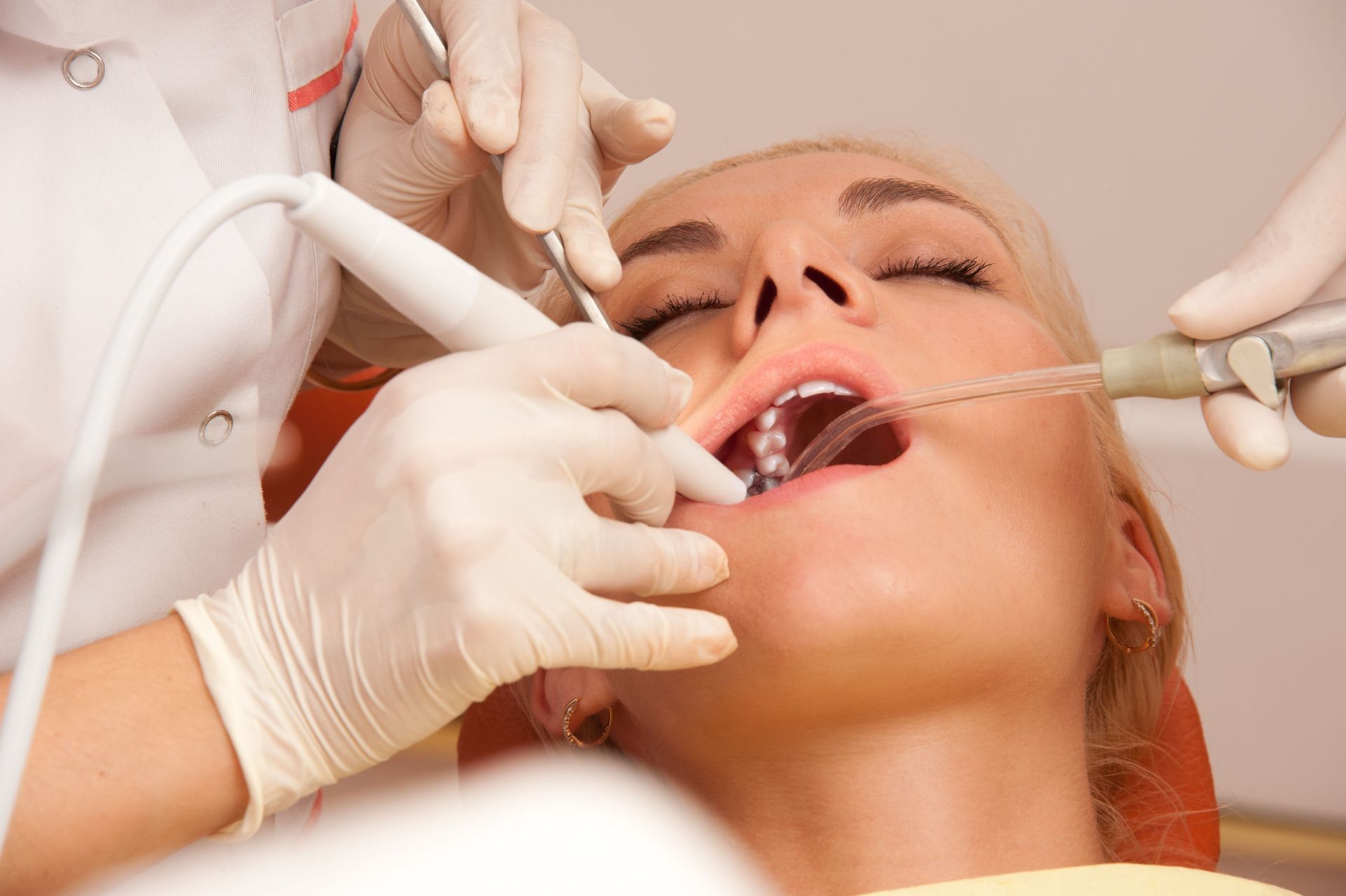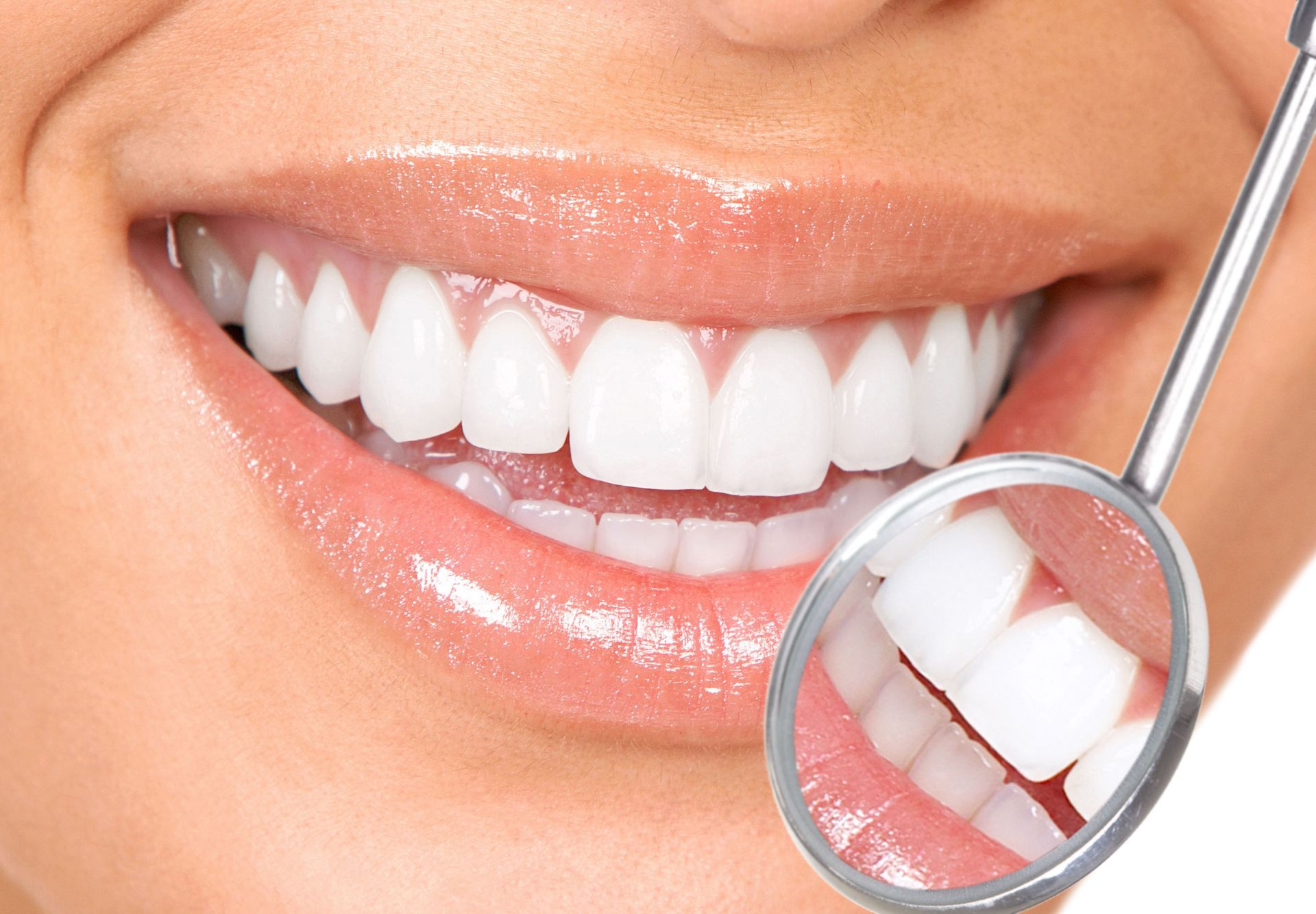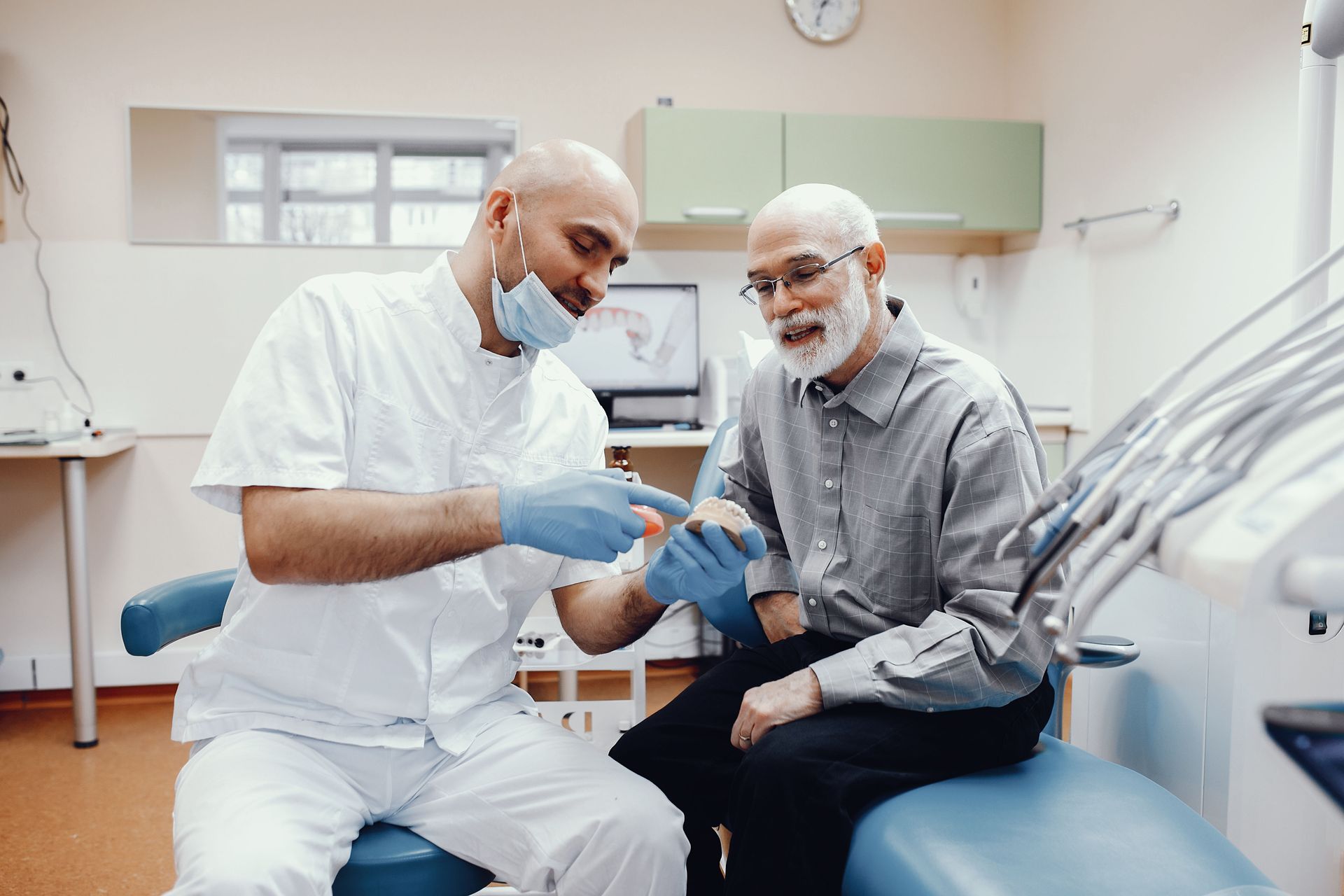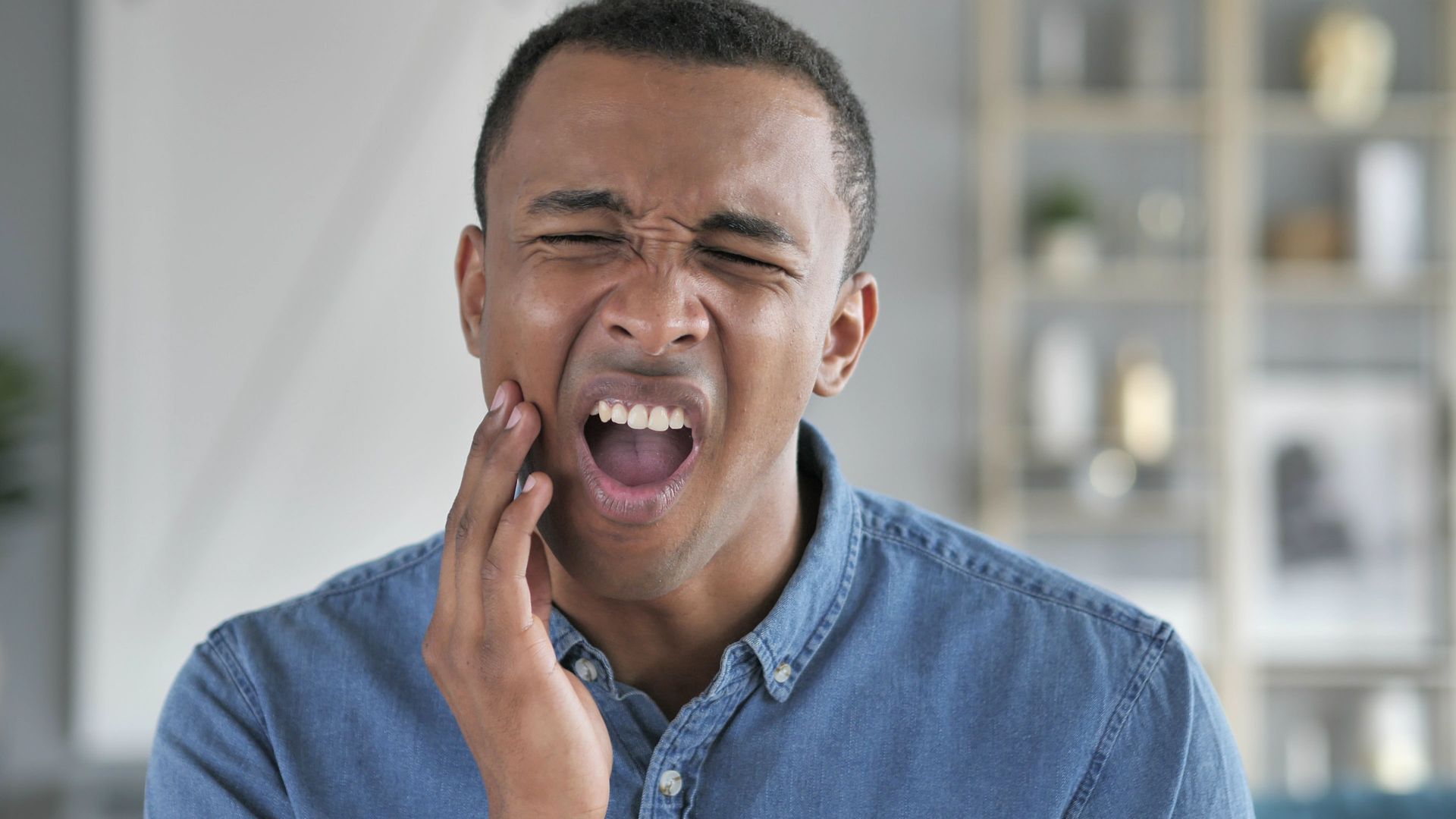Let Our Family Care For Your Family
Vanaeyah Tran, DMD
-General, Family, & Cosmetic Dentist
Jackson Nguyen, DMD
-Diplomate, National Dental Board of Anesthesiology
-Diplomate, American Board of Oral and Maxillofacial Surgeons
240 Cetronia Rd Suite 121 S
Allentown, PA 18104
610-841-5929
Blog Layout
Before & After Care Instructions
August 7, 2019
Before & After Care Instructions
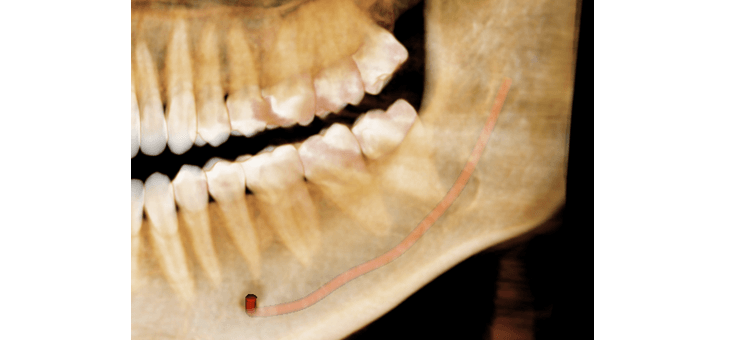
Tooth extractions:
After having an extraction, a blood clot will form inside of the socket and fill the socket where the tooth was to cover the exposed bone and remaining tissue. As you heal over the next 2-6 weeks, the tissue will remodel and fill in from the bottom to the top of the socket. A blood clot is similar to having a scab over a cut on your skin, however, in the mouth, things stay wet, so a blood clot in the mouth can be more easily dislodged or lost than a scab on your skin.
What NOT
to do:
-No straws
-No spitting
-No smoking
-Nothing that makes your cheeks “suck in”. The negative pressure differences when doing these activities can disturb/dislodge the blood clot in your tooth socket and delay healing.
-Do NOT disturb the blood clot with a toothbrush, toothpick or tongue. If food gets stuck, gentle rinses should remove the foreign body, or your body will naturally exfoliate it upon healing. For this reason, do not eat foods that “get stuck” when eating. Stick to foods that have a more “paste-like” or “soup-like” consistency. Eat a soft food diet for the first week after surgery, nothing harder than scrambled eggs.
-Do not eat hot or spicy food as to not irritate the wound.
-----------------------------------------
How to encourage faster healing and prevent complications:
-Sleep with your head elevated above your heart. Laying flat will cause blood to rush to the wound which will increase swelling and bruising to the area and can delay healing and increase discomfort.
-Take medications as prescribed. If you believe you are having an mild allergic reaction to your medication, stop taking the medication, take Benadryl, and inform your doctor immediately. If Benadryl does not resolve your reaction, go to the nearest emergency room to be evaluated.
-Ice for the first 24 hours in 15 minute intervals
-Switch to warm Moist heat more than 24 hours after surgery in 15 minute intervals
-Gently rinse with warm salt water after every meal and before bedtime
-----------------------------------------
Sutures:
Your doctor will inform you if sutures were needed to close the site of surgery.
-Dissolvable (resorbable) sutures usually dissolve within 7-10 days. If they come out sooner and the tissue appears pink and is fixed together, you do not need to return to have the suture put back in. Try not to disturb the sutures with your tongue or with the food you eat.
-If sutures still remain after 14 days, we request that you return for them to be removed and to followup for wound healing.
-----------------------------------------
Bone grafting:
-Follow the same instructions for care after tooth extraction
-Do not chew over the area where the bone graft was placed, try to chew on the opposite side
-Gentle rinsing until all tissue has completely healed over
-Soft food diet is very important for the first 2-3weeks of healing.
-----------------------------------------
7 days of more after surgery, if the tissue becomes:
-Red,
-Swollen,
-bloody,
-hard like a rock,
-muscles near the wound become more stiff and it becomes harder to open.
-you are running a low grade fever of 100 degrees Fahrenheit,
-Bloody Diahrrea, or rash with Antibiotics
***These are all reasons to inform your doctor and to schedule a prompt followup appointment.***
Always remember to eat yogurt or other probiotics while taking antibiotics. It helps to reintroduce good bacteria for digestion.
-----------------------------------------
Implants:
Please follow the instructions for care after extractions.
If you have an implant that has an immediately loaded crown or bridge, it is very important to maintain a soft food diet for the first 4 months after surgery. Anything that cannot be crushed with a plastic fork should be avoided until the implant has fully healed or integrated with the bone.
-----------------------------------------
Before care instructions for IV Sedation:
-You must have an escort/driver 18 years or older present with you in our office throughout the duration of your appointment. They cannot leave the office until you are discharged with them.
-The first 24 hours after your IV sedation you cannot drive or operate any machinery -You cannot eat or drink anything in the 8 hours prior to your IV sedation -If you are sick with a sore throat, mucous, nasal congestion, or post nasal drip, within 2 weeks of your appointment, we kindly ask that you reschedule your appointment at least 48 hours in advance of your appointment. It is not safe to have IV sedation for an elective procedure when you have a reactive airway.
-----------------------------------------
On the day of your IV sedation appointment:
-Wear comfortable clothing and short sleeves
-Closed toe shoes
-No contacts
-No makeup
-No nail polish
-Take medications as prescribed by your doctor with only a small sip of water.
***If you are diabetic please consult the surgeon to discuss when you should take your medications while fasting for IV sedation.***
-Do NOT smoke for 24 hours prior to your IV sedation.
-----------------------------------------
After care instructions for IV sedation:
-Sleep in a reclined position as to not obstruct your own airway with your chin away from your chest.
- Do not lay completely flat, keep your head above your heart to prevent excess swelling
-Please remove all gauze from the mouth once bleeding has stopped, and now you can resume eating! (Stick to softer foods, no hot or spicy soups. Ice cream and yogurt are always a good idea.)
-Take medications as prescribed. If you believe you are having an mild allergic reaction to your medication, stop taking the medication, take Benadryl, and inform your doctor immediately. If Benadryl does not resolve your reaction, go to the nearest emergency room to be evaluated.
-----------------------------------------
Dr. Nguyen and myself [Dr. Tran] have had a wealth of experience with dental surgery and managing the post operative care of our patients. Dr. Nguyen far outshines myself as he has not only completed his residency in Oral and Maxillofacial Surgery but is also Board Certified, which is not very common in the field of Oral Surgery. Dr. Nguyen has experience with advanced trauma and reconstruction, dental alveolar surgery, dental implant surgery, head and neck pathology, advanced and complex bone grafting, orthognathic corrective jaw surgery, and adult and pediatric intravenous sedation. So yes, I can say I supported my husband through residency!
We hope this post is helpful to our patients in getting the answers they need regarding having dental surgery and helps to put your concerns at ease for knowing what to expect while under our care. If you would like more information regarding any of these topics, please leave a comment below
or send us an email
[info@nurturedentalhealth.com], we would be happy to help!
If you have any additional questions regarding your before or after care instructions, please call our office so we can assist you: 610-841-5929.
Let our family care for your family. Stay informed, stay nurtured!
-Vanaeyah Tran, DMD, co-owner of the practice Nurture Dental Health and Dentist
Contact Us
Nurture Dental Health
240 Cetronia Rd Suite 121 S
Allentown, PA 18104
Tel:
610-841-5929
Allentown, PA 18104
240 Cetronia Rd Suite 121 S
Allentown, PA 18104
Tel: 610-841-5929
Fax: 610-841-5124 Privacy Policy
| Do Not Share My Information
| Conditions of Use
| Notice and Take Down Policy
| Website Accessibility Policy
© 2025
The content on this website is owned by us and our licensors. Do not copy any content (including images) without our consent.


